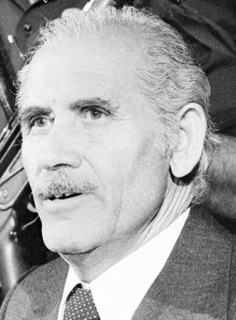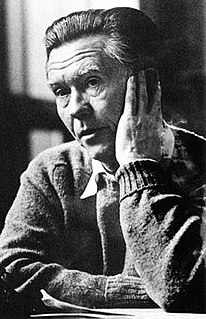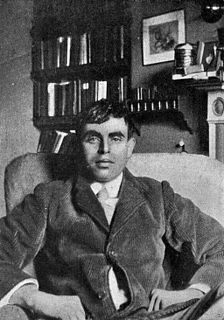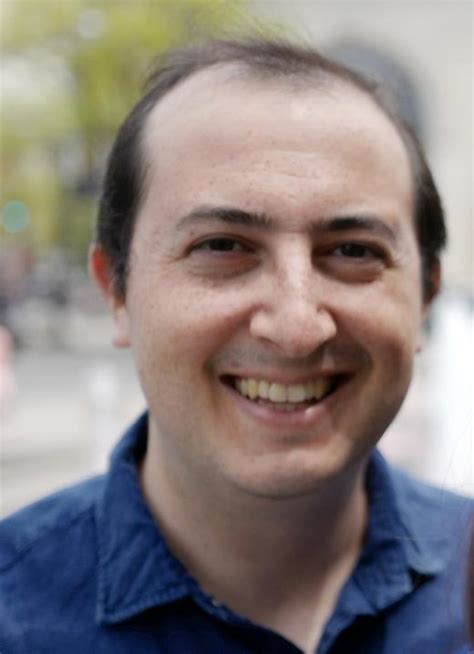A Quote by Pauline Kael
There is, in any art, a tendency to turn one's own preferences into a monomaniac theory.
Related Quotes
There is an almost universal tendency, perhaps an inborn tendency, to suspect the good faith of a man who holds opinions that differ from our own opinions. It obviously endangers the freedom and the objectivity of our discussion if we attack a person instead of attacking an opinion or, more precisely, a theory.
I have a feeling that art is something you do for yourself, and that any time you turn your decisions over to someone else you're postponing at best, your own development. The atmosphere of the workshop should be that of trying out one's own work and accepting the signals from others but not accepting the dictation of others because that is a violation of the spirit of art. Art can't be done by somebody else, it has got to be done by the artist.
[Comics is] one of the last havens for honesty when it comes to a reader's genuine response to art. Most of us, if we don't find any sympathy or pleasure, for example, in a modern painting, are likely to blame our own ignorance of the history and theory of painting. But nobody pretends to like a bad comic strip. Such harshness is necessary for any real truth to surface, I think, and for art to really contribute anything to life. Though I don't know. I could be wrong.
For chemistry is no science form'd à priori; 'tis no production of the human mind, framed by reasoning and deduction: it took its rise from a number of experiments casually made, without any expectation of what follow'd; and was only reduced into an art or system, by collecting and comparing the effects of such unpremeditated experiments, and observing the uniform tendency thereof. So far, then, as a number of experimenters agree to establish any undoubted truth; so far they may be consider'd as constituting the theory of chemistry.
The internationalization of art becomes a factor contributing to the estrangement of art from the artist. The sum of works of all times and places stands against him as an entity with objectives and values of its own. In turn, since becoming aware of the organized body of artworks as the obstacle to his own aesthetic self-affirmation, the artist is pushed toward anti-intellectualism and willful dismissal of the art of the past.
It is not the poet's business to save man's soul but to make it worth saving . . . However, few poets have written with a clear theory of art for art's sake, it is by that theory alone that their work has been, or can be, judged; -and rightly so if we remember that art embraces all life and all humanity, and sees in the temporary and fleeting doctrines of conservative or revolutionary only the human grandeur or passion that inspires them.




































